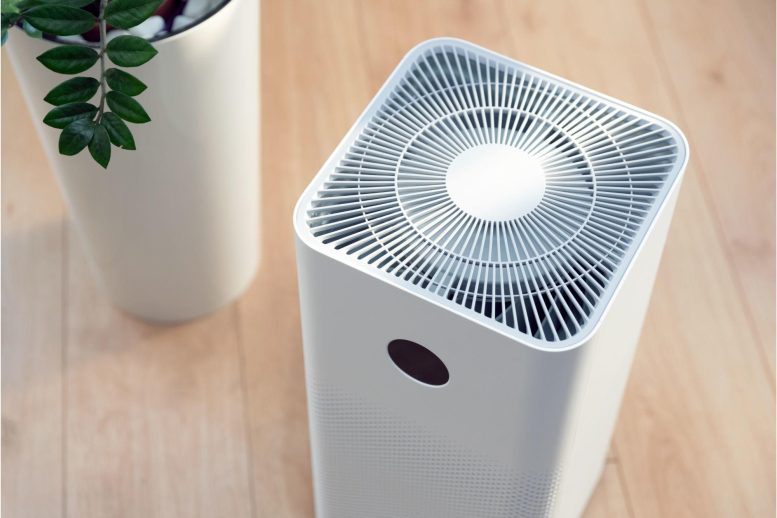Study Reveals Air Cleaners' Ineffectiveness in Preventing Illness

Recent studies suggest that air filtration technologies, such as germicidal lights and ionizers, are not as effective in reducing the risk of viral infections in real-world environments as initially thought. This challenges the perceived advantages of these expensive systems in public health contexts.
According to a new study from the University of East Anglia, air filtration systems are not successful in decreasing the risk of viral infections.
The study indicates that technologies designed to increase safety during indoor social interactions might not be effective in real circumstances. The research team investigated various technologies, including air filtration systems, germicidal lights, and ionizers.
Despite analyzing all available data, they found minimal evidence to support the idea that these technologies could protect against respiratory or gastrointestinal infections.
Prof. Paul Hunter from UEA’s Norwich Medical School said, “Air cleaners are intended to filter pollutants from the air that passes through them. Many large companies and governments began investigating this technology as a solution to reduce airborne virus particles in buildings and small spaces following the coronavirus outbreak. Given the high cost of these technologies, it's crucial to evaluate their benefits relative to the costs, and understand what these technologies can currently offer.”
The researchers assessed whether air cleaning technologies protect people from airborne respiratory or gastrointestinal infections. They explored evidence regarding microbial infections or symptoms in individuals exposed to air treatment technologies in 32 real-world studies from environments such as schools or care homes. Currently, there are no published studies on air treatment related to the Covid era.
Dr. Julii Brainard, lead researcher and member of UEA’s Norwich Medical School, said, “We considered different technologies, such as filtration, germicidal lights, ionizers, and other methods of safely removing or deactivating viruses in breathable air. We found no strong evidence that air treatment technologies are likely to protect people in real-world settings. Although there is plenty of evidence that environmental and surface contamination can be reduced by air treatment strategies like germicidal lights and high-efficiency particulate air filtration (HEPA), these technologies fail to prevent or reduce illness."
Brainard added, “There was faint evidence that air treatment methods reduced the likelihood of infection, but this evidence appears biased and unbalanced. We strongly suspect that relevant studies with minor or no effects were never published. Our findings are disappointing, but it is essential for public health decision-makers to have a comprehensive understanding. With luck, studies done during Covid will be published soon, and we'll be able to better evaluate the value of air treatment during the pandemic.”




